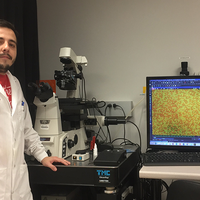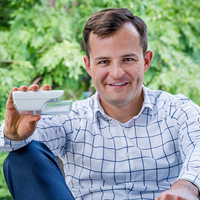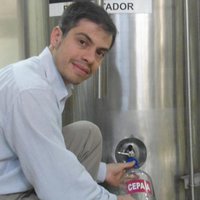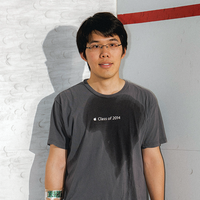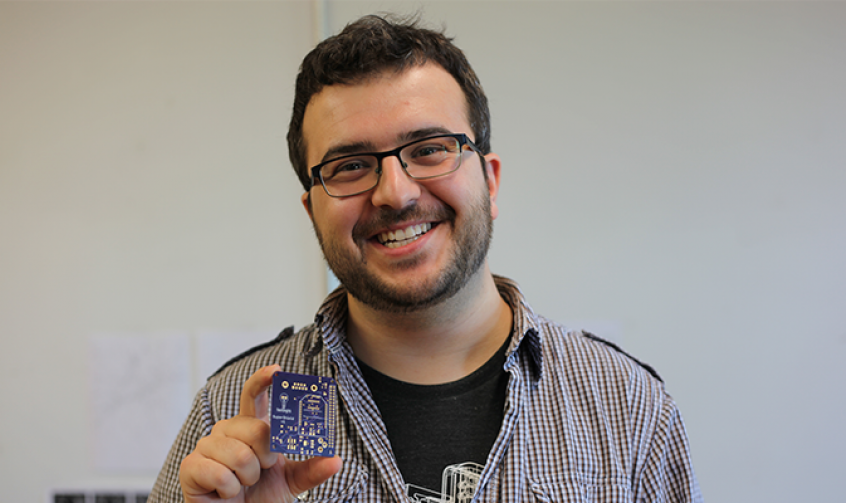"In 2015, a study revealed that American scientists spend 28 billion dollars (approximately 24.7 billion euros) annually on irreproducible basic biomedical studies. In other words, the results of these experiments cannot be successfully recreated. This irreproducibility, caused by omissions or mistakes in the gathering and analysis of the data and in laboratory protocols, amongst many other factors, hinders scientific advancement. Automating biomedical research could help to address the problem, but there are an infinite number of bioprocesses that continue to rely on error-prone humans and are influenced by parameters that are not currently measured or tracked.
In light of the impossibility of automating certain tasks, the entrepreneur Charles Fracchia proposes a complementary approach: ""To enhance the researcher within his or her context and workflow."" To pursue this goal, Fracchia founded BioBright, a hardware and software platform that passively registers the activity within the laboratory, a ranges it chronologically and displays the data through a single interface. His ""smart laboratory infrastructure proposal"" led to Fracchia´s recognition as one of MIT Technology Review´s Innovator Under 35 Belgium 2016.
Several public institutions and biomedical equipment makers are already testing Fracchia´s solution. The company sends a Raspberry Pi with proprietary hardware to bridge the local laboratory environment with BioBright´s cloud software platform. The company also sells preconfigured sensors that communicate with this computer to transmit data, like hardware that wirelessly gathers measurements of the changes in temperature of samples stored in Eppindorf tubes. This data influences the success of the experiments, but until now there were no sensors specifically designed to gather this information. In smaller samples on test plates, near infrared cameras are used to gather this data, which is crucial, for example, for the pharmaceutical industry.
Another feature of Fracchia´s system is a Dropbox-style solution for managing the data generated by the computers within the laboratory equipment. Instead of having to manually migrate and synch the data from each instrument, which in itself is an error-prone process, the researcher need only drag and drop the file into a hot folder, which encrypts the data and sends it to BioBright´s servers for processing. The researcher can then visualize and modify the data, which has been linked to the rest of the experimental data, through a single web interface.
In the words of the CNRS (France) researcher and Innovators Under 35 Belgium 2016 jury member Karim Benchenane, BioBright is ""extremely original."" This expert believes that the company can deliver ""a true upgrade of the way biomedical research is conducted in public laboratories and pharmaceuticals."""
